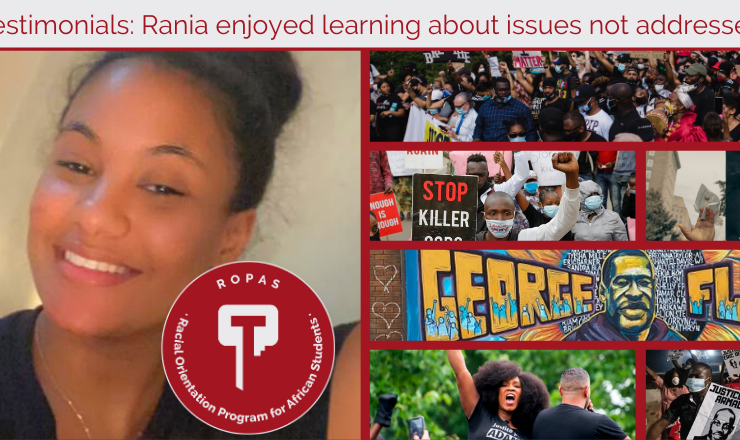In many African countries, the education system is facing a learning crisis. What does it mean?
Think of education as the sum of two indispensable factors: schooling (opportunities for enrolment), and learning (the outcome of being enrolled in a school).
When education combines both schooling and learning, it enhances the life of the person who benefits from it. That person should access, or create for themselves better opportunities than if they had not been in school. Education should equip them with the tools to positively impact their community, and ultimately contribute to social change.
But, what happens when schooling or learning, or both are dysfunctional? What we witness in many African countries, and other countries worldwide answers that question.
Schooling: Africa is progressing impressively fast but needs to broaden its impact
Enrollment rates are growing at an unprecedented rate. African countries are surpassing the historical performances of industrial countries. For instance, Morocco successfully increased girls’ enrollment rate from 57 percent to 88 percent in 11 years. It took 40 years for the United States to achieve the same result.
However, too many children are not in school. About 34.1 million primary-school-aged children and 96.9 million secondary-school-aged children are yet to be enrolled (2016). This accounts for 50% of the total population (263 million children) of out-of-school children worldwide.
⇒ There is a need to expand educational opportunities and strengthen their penetration rate.
Learning: Africa is accumulating alarming gaps
Even after several years of schooling, millions of children do not master foundational knowledge. For instance, in West Africa and Central Africa, 55% of students graduate primary education with insufficient knowledge in reading or mathematics to effectively pursue their studies (2014).
⇒ There is especially a need to improve the quality of learning for education to be more effective.
In the World Development Report 2018, Jim Yong Kim expressed this urgency. He wrote: “[s]chooling without learning is a terrible waste of precious resources and of human potential. Worse, it is an injustice. Without learning, students will be locked into lives of poverty and exclusion, and the children whom societies fail the most are those most in need of a good education to succeed in life”.
Tissi aims to amplify the learning revolution in Africa. We tackle both indispensable factors of education: schooling and learning. We help actors create more schools, making sure that they are effective learning centers. And, we help transform existing schools into effective learning environments. In other words, Tissi supports and enables education initiatives that contribute to social change.


